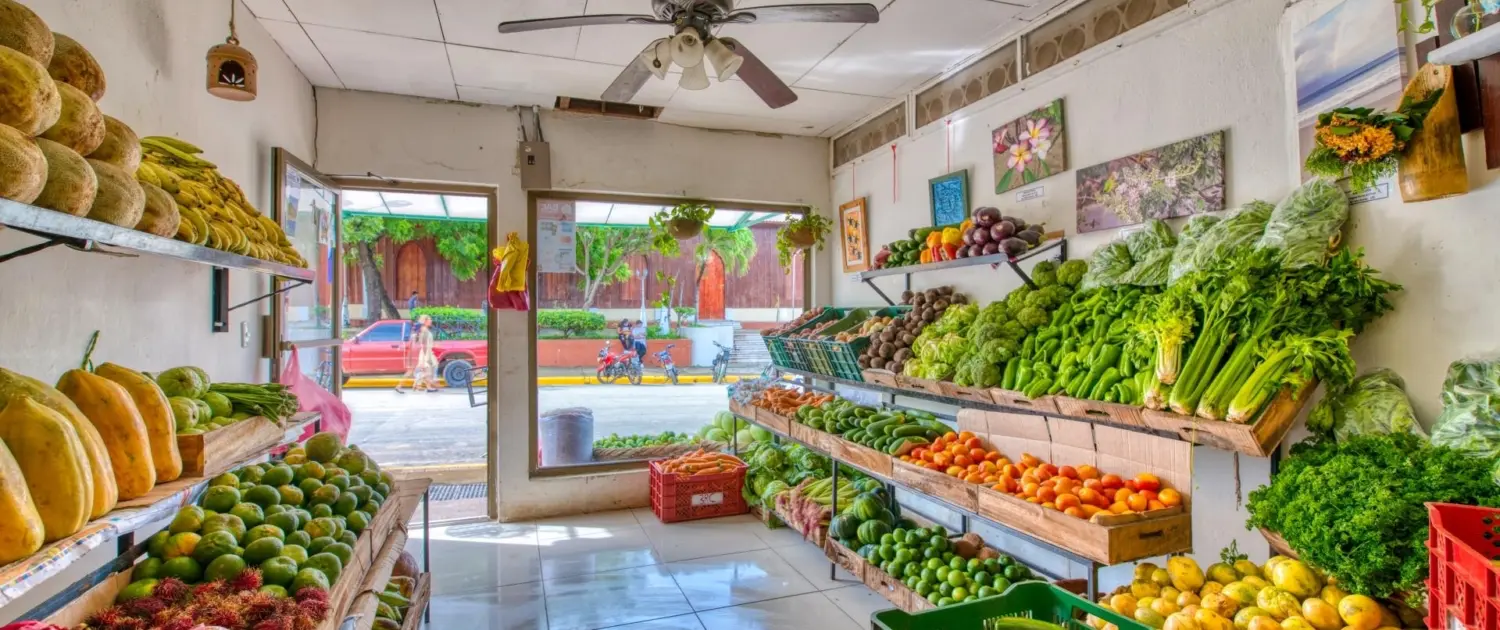Cost Of Rent
Housing is one of the biggest expenses when moving to Nicaragua. The cost of rent varies depending on the city and the type of housing you choose. Pre-COVID, a “nica-style” house without air conditioning or hot water rented for as little as $250 to $350. A 3-bedroom North American house with a pool costs anywhere from $850 to $1500, depending on the region.
Buying Property
If you’re interested in buying property in Nicaragua, keep in mind that the cost of land and homes is much lower than in other countries in the region. The price of housing all depends on where you are looking to purchase the property. For example, land in San Juan Del Sur is substantially more expensive than Managua or Matagalpa as San Juan is more popular among ex-pats.
A property with a house in San Juan Del Sur can start anywhere from $100,000 depending on the size and amenities, or you can purchase land to build on, which is a longer-term commitment but could start as cheap as $15,000. Also, keep in mind the additional costs that come with purchasing a property, such as transfer fees, yearly property taxes, maintenance, and more.
Utilities
The cost of utilities, such as electricity (Disnorte-Dissur or solar) and water (Enacal or well), varies depending on your usage. In general, you can expect to pay between $50 and $100 per month for basic utilities.
Food Costs
The cost of food in Nicaragua is also relatively affordable. You can buy basic groceries for two persons between $50 and $100 per week, depending on your needs and dietary preferences. If you want to eat out more often, expect to pay between $5 to $20 per meal, depending on the restaurant.
Transportation Costs
The cost of transportation in Nicaragua is also relatively low. A bus ticket costs $0.50-5, and a taxi ride can run anywhere from $3 – $10 around town, $40-120 between cities. You can also rent a bike for around $10-25 per day, or rent a car for $25-40 per day.
Buying A Vehicle
Another option is to purchase a vehicle. A used motorcycle can range between $400-1500, while a well-maintained used car/truck will cost anywhere between $5,000-15,000. You can check the Facebook market page, or encuentra24 to find second-hand vehicles. A new car will cost you around $10,000-20,000, depending on the type of car and brand.
Gasoline is also relatively affordable, at around $0.50 per gallon. Keep in mind it is extremely important to buy a 4×4 car if you are planning on living in some cities such as San Juan del Sur and Popoyo in Nicaragua as the roads aren’t always the best, and there are a ton of hills all over the country.
Note that many people in Nicaragua decide to purchase a motorbike instead of a car as the costs are lower and it is easy to get around.You can also rent a car or bike in any major city, which will save you money if you are unsure what mode of transport you want to use.
Childcare & Schooling Costs
If you plan to relocate with your children, there is no shortage of childcare and international schooling options for your family.
There are a plethora of excellent nannies that may be hired for childcare and cleaning duties. These services cost between $100 to $350 per month, depending on the number of children cared for and hours worked. A full-time nanny who works Monday through Friday from 8 AM to 5 PM will cost between $250 and $350 monthly.
There are three excellent bilingual schools in the San Juan del Sur and Tola region that provide internationally accredited academic programs. Your children will be able to get overseas-level education, as well as the ability to transfer those credits to institutions in North America.
The following are the monthly prices for schooling per child:
San Juan del Sur Day School (San Juan del Sur): $400 USD
Escuela Adelante (San Juan del Sur): $75 USD – $150 USD
Escuela Santa Ana (Tola): $350 USD – $520 USD
The cost of education varies based on the amount of time a kid is enrolled for, whether it’s through online learning or in-person lessons, as well as lunch plans, transportation, and other extracurricular activities.
Entertainment Costs
Local live music is usually free. Imagine attending a concert and paying around $1.50 for a beer or rum and coke while listening to whatever kind of music you want: rock ‘n roll, blues, jazz, swing, merengue, salsa, Nicaraguan folkloric music, reggae, etc. Expat-owned bars and restaurants usually run a little more expensive but still lower than your average bar in North America & Europe.
There is a lot to do in cities such as San Juan del Sur, Granada, and Leon when it comes to nightlife, and activities such as horseback riding, nautic activities, zip lines, hiking, museum, and shopping. Nicaragua is also known for its beautiful regions to explore.Make sure to take some days off and travel around the country!
Insurance Costs
You may also choose to join the Gold or Silver program at the Metropolitan hospital. The following are some of the advantages of enrolling in the Gold plan:
- There are several discounts for diagnostic tests, hospital stays, surgery, and intensive care.
- Physical therapy and rehabilitation discounts of up to 50% are available.
- Also, get savings of up to 30% on pharmaceuticals and medical supplies.
- 20% off for doctors’ visits (but the doctor must be in-network).
The cost of this plan is determined by your age and pre-existing conditions, but monthly costs range from $50 for people under the age of 50 to $65 for individuals over the age of 65.
Some long-term expatriates warn, however, that specific high-tech equipment that you would encounter in a U.S. hospital may not be accessible in Managua. As a result, they recommend purchasing MedEvac insurance (which costs around $250 per year) to ensure that if there is an emergency, you will be protected.
That said, there are a few reputed hospitals in Nicaragua such as Vivian Pellas and the Military Hospital.
Saving Money In Nicaragua
One of the most effective strategies to save money in Nicaragua as an ex-pat is to keep this in mind: imports (food, house supplies, clothing, and so on) are generally more expensive in Nicaragua than they are in the United States. When possible, expatriates may save a lot of money by purchasing Nicaraguan products and adopting to Nicaraguan way of life.
Many individuals wait until they return to their native country to do some major shopping on the internet or at a store. Nicaragua now has all of the items you require, but prices may be significantly higher than expected due to foreign import costs.
Nicaragua allows you to live a better quality of life at a lower cost. Your specific requirements and style of living will determine how much you spend. Most people in the United States and Canada believe that they are unable to afford their ideal retirement lifestyle.
In Conclusion
Overall, the cost of living in Nicaragua is much lower than in other countries in the region. If you’re looking for an affordable place to live, Nicaragua is a great option. Keep in mind, though, that the cost of living can vary depending on your lifestyle and where you choose to live. If you’re looking for more information on the cost of living in Nicaragua, be sure to check out our other blog posts on this topic.


